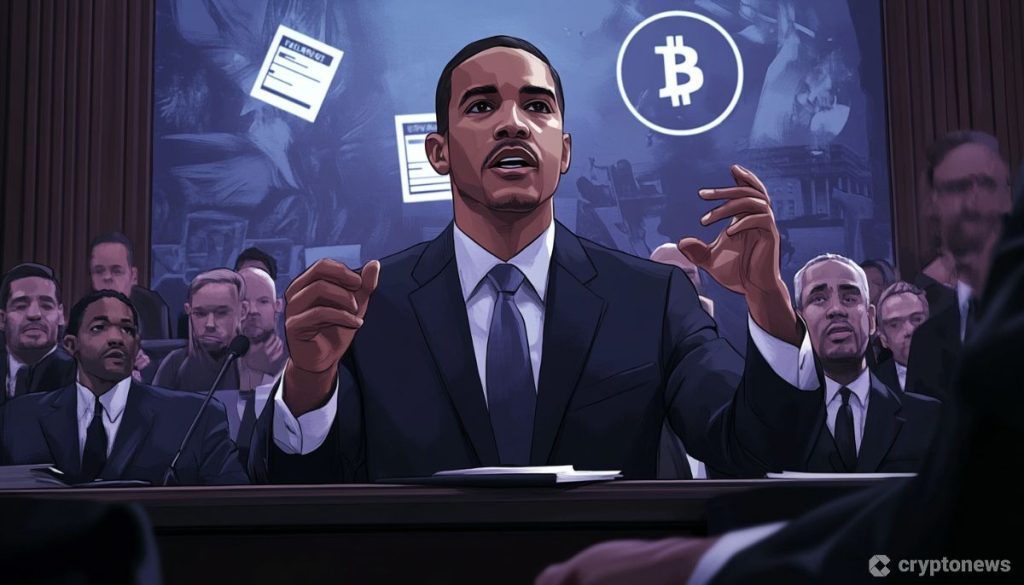Crypto-friendly lawmaker Rep. Ritchie Torres has urged the U.S. Commodity Futures Trading Commission (CFTC) to shift its focus towards regulating election markets following a recent court ruling that halted political prediction markets. The New York Democrat highlighted the need for responsible innovation and consumer protection, expressing concerns over unregulated exchanges that have hosted election markets for years. The CFTC’s request for an emergency stay after losing a similar motion in a lower court led to the federal appeals court halting Kalshi’s political prediction markets. Judge Jia M. Cobb ruled that the CFTC overstepped its authority in blocking Kalshi’s bid to offer contracts tied to U.S. elections.
In response to the court ruling, Torres encouraged the CFTC to accept the decision and focus on promoting responsible innovation, regulating exchanges, protecting consumers, and ensuring the integrity of elections from illegal and unregulated actors. He also highlighted the resources consumed by continued court challenges and the potential harm to election integrity if unregulated markets gain further traction. Torres emphasized the importance of the CFTC allocating resources to regulated entities to ensure that election markets operate legally and securely. CFTC Chair Rostin Behnam has expressed concerns about the rapid growth of event markets, which have seen an increase in contract size since 2021.
Kalshi, a regulated event market, has paused its election-related contracts amid the legal battle with the CFTC, while other platforms like Polymarket remain unregulated in the U.S. CFTC Chair Behnam has previously warned of a significant increase in event contracts and proposed rules banning political event bets as the 2024 elections approach. A U.S. federal appeals court temporarily halted Kalshi’s political prediction markets following an emergency request by the CFTC, after Judge Jia Cobb’s ruling that the CFTC had overstepped its authority in banning Kalshi from offering contracts on U.S. elections. The CFTC argued that halting the contracts temporarily would minimize public harm, while Kalshi’s attorneys countered that elections do not constitute gaming or unlawful activity.
The CFTC had lost its motion to prevent Kalshi from listing these markets initially, and once Judge Cobb’s full opinion was published, Kalshi launched its contracts. This prompted the CFTC to file an emergency motion to the appeals court, leading to trading on Kalshi’s contracts predicting which political party would control the House and Senate being paused. The appeals court granted the stay and ordered Kalshi to respond, giving both parties a deadline for their replies. The CFTC is also engaged in a broader rulemaking process aimed at prohibiting political prediction markets in the U.S. due to concerns over potential election fraud. Rep. Ritchie Torres’ appeal to the CFTC reflects the ongoing debate and challenges related to regulating election markets and ensuring consumer protection in the emerging space of political prediction betting.


